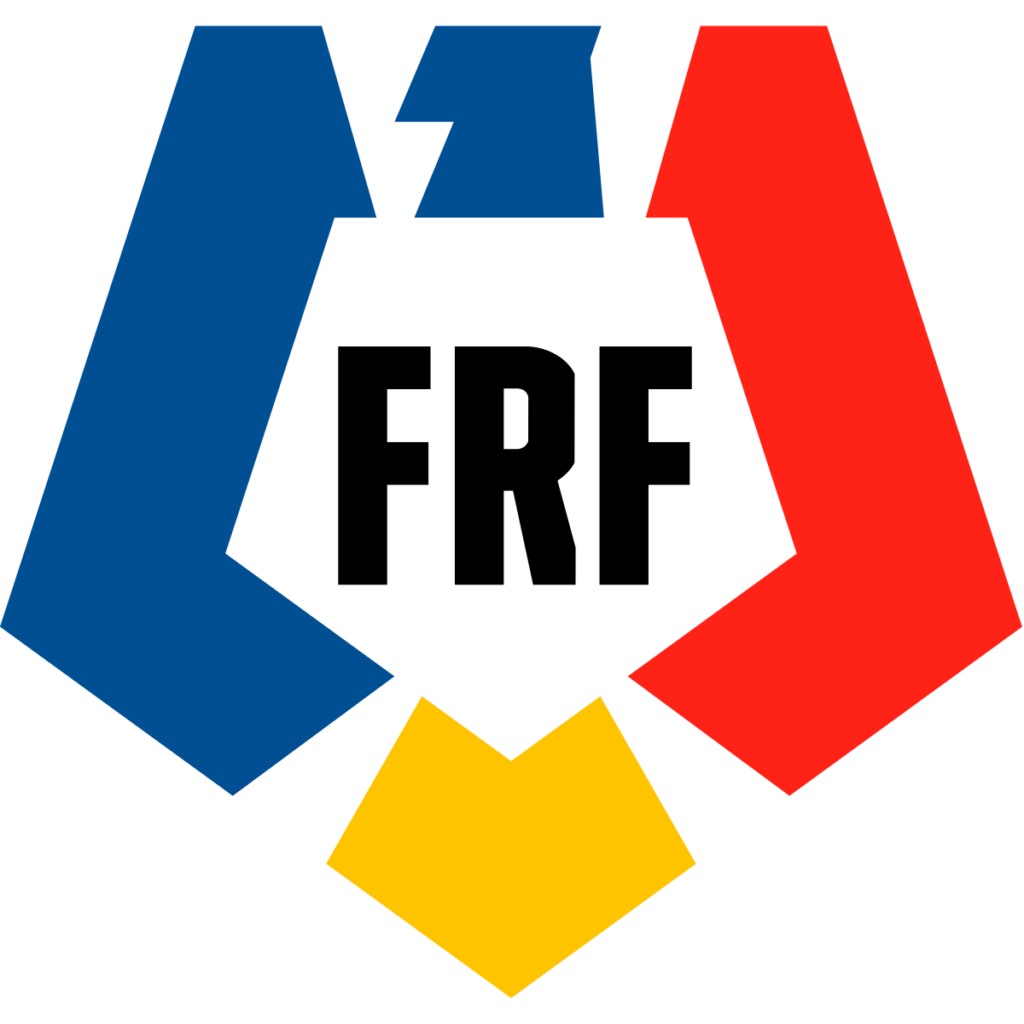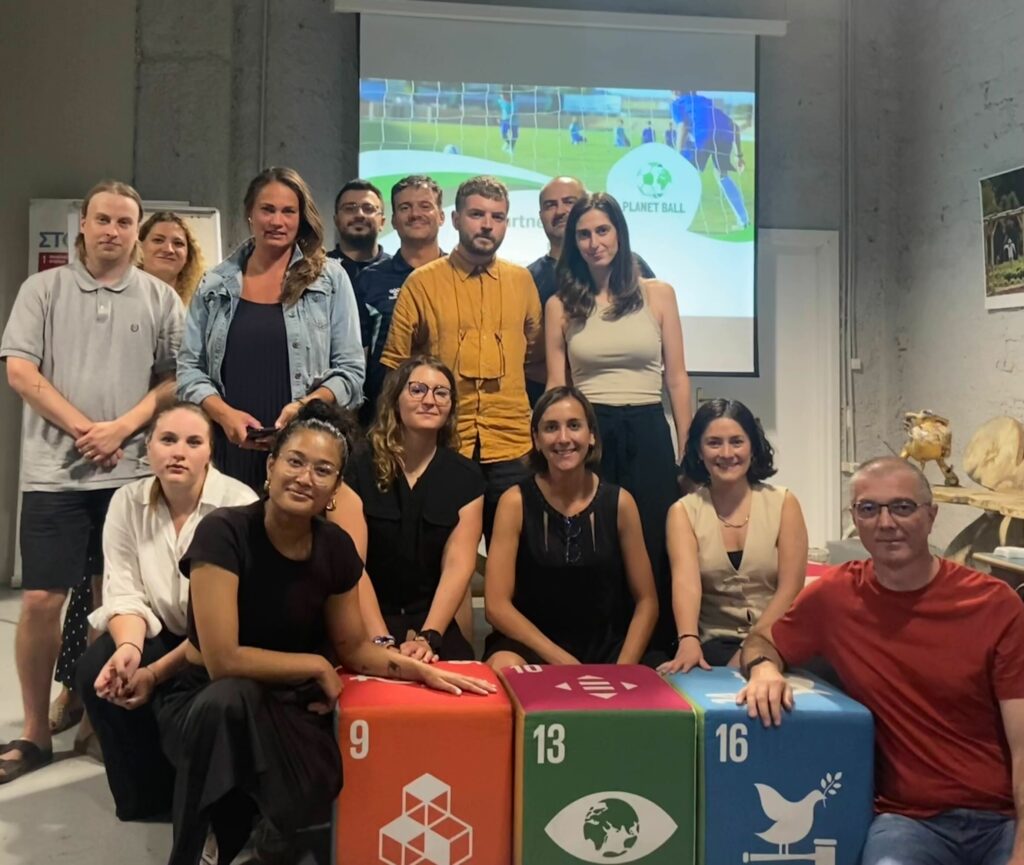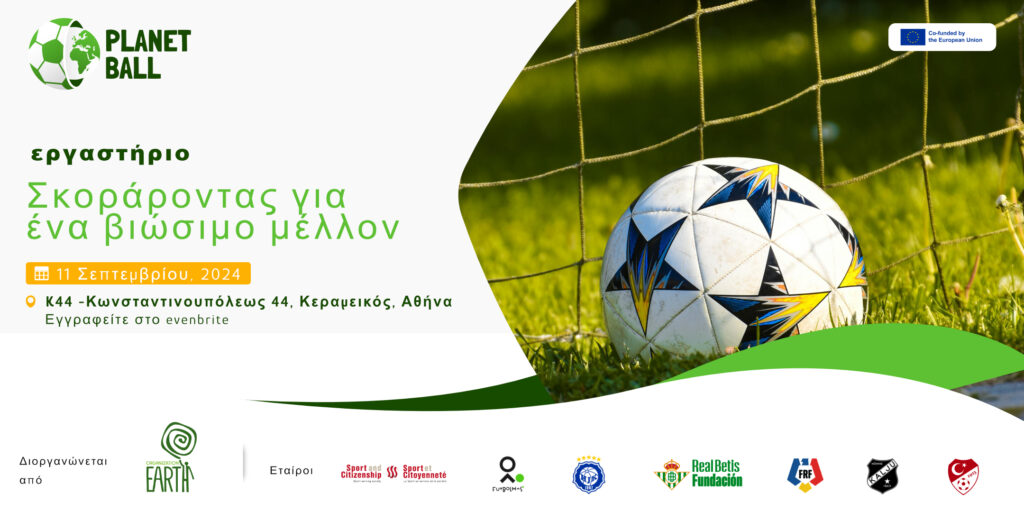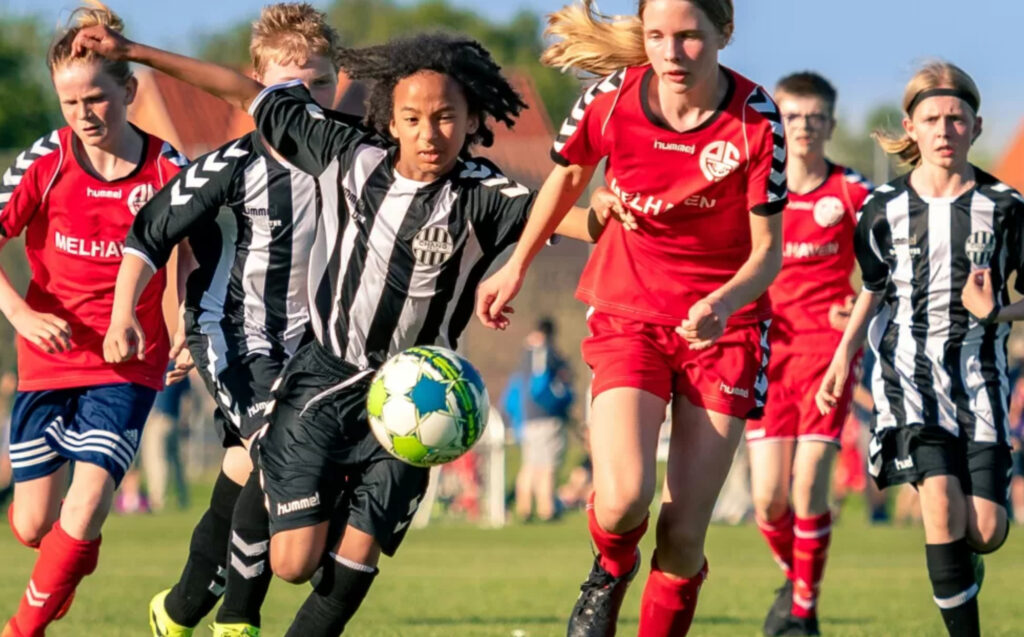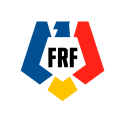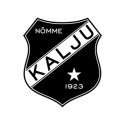Romanian Football Federation: towards greener sport with Planet ball
Launched in 2024, the Planet Ball project aims to strengthen the role of football in the fight against climate change among young people. The initiative involves 8 partners from 7 European countries, including two European football federations – the Romanian and Turkish Football Federations, and two football clubs – Nõmme Kalju FC (Estonia) and HJK Helsinki (Finland). Until February 2025, each partner club and federation will recruit a group of 20 young people to increase their environmental awareness through training and online courses. Adrian Stangaciu, Head of legal in Romanian Football Federation (RFF), partner of the Planet Ball project, highlights the impact of sport on changing young people’s views and behaviors towards the environment, as well as the involvement of RFF in the project. Interview by Julie Mongard, Communication Officer, Sport and Citizenship, leader of the project Could you present your federation? The Romanian Football Federation is the largest sports organization in Romania, reuniting almost 300 football clubs, schools and regional associations, with over 150.000 registered players and approximately 350.000 Romanians of all ages involved in 60 national and regional competitions, from grassroots level to top divisions. The pyramidal competition system of the Romanian football relies on a strong grassroots movement, in continuous development, as well as on top tier clubs competing on three national levels. The overall contribution of the Romanian non professional football is of approximately 1 Billion EUR, on three pillars: – health and well-being, – football economy, – and social benefits. The strategic approach of the development of football in Romania is based on a 4-years strategy, and subsequent strategies have been introduced for grassroots football, women’s football, technical sector and sustainability. How important is environmental protection to you and your federation? Environmental protection is one of the pillars of the Sustainability Strategy of the Romanian Football Federation and is divided in 4 policies: Circular Economy, Sustainable Events, Sustainable Infrastructure and Environmental Protection and Advocacy. The Sustainability Strategy is in line with the UEFA strategical framework and aims, by 2030, to establish Romanian football as the most sustainable sports sector in the country. The Romanian Football Federation was among the first European football federations to address the sustainability issue, via EU funded projects as: The Federation also holds, since 2023 the ISO14001, currently preparing for EMAS certification. Additionally, the Romanian Football Federation implements several programs dedicated to support football clubs and other affiliated members in developing their sustainability strategy and actions, with focus on circular economy and sustainable events and infrastructure. In cooperation with the public authorities, on local and national level, we were able to implement environmental sustainability measures in the operation and development of football infrastructure, tanking important and effective steps forward. In terms of advocacy, the Romanian Football Federation signed in 2023 a protocol with the Department of Sustainable Development of the Romanian Government and implements awareness actions during football events countrywide. What is young people’s perception of and behavior towards the environment in Romania? Young people in Romania are becoming increasingly aware of environmental issues, taking proactive steps toward sustainability. Topics like waste management, reducing consumption and waste, and nature conservation are particularly significant among the younger generation. This awareness likely stems from environmental education programs in schools, as well as a broader shift in societal attitudes. Newer generations are recognizing the challenges posed by outdated behavioral patterns and are advocating for change. Interestingly, this shift often influences older generations, as young people help inspire new habits within their families and communities. However, there is still room for improvement, particularly concerning plastic waste management and mobility solutions in urban areas, especially among youth with higher living standards. How do you think sport and football can help to raise young people’s awareness of the environment? Football serves as a powerful platform for communication and education. Its deep societal reach and ability to engage players from an early age make it an effective tool for driving change. Coaches, clubs, and competition organizers can use football to instill positive values, such as respect, solidarity, and meritocracy. By integrating sustainability education into the core values of football training, we can ensure that players grow not only as athletes but also as environmentally responsible individuals. Can you tell me more about your involvement in the Planet Ball project? We are eager to build on the achievements of the sustainability programs already in place in the Romanian Football Federation and to address a key target group for increased effectiveness of our policies: the young football coaches. Empowering young football coaches and transferring to them the right knowledge about sustainability will help us multiply, reach deeper and create a solid foundation for a proper education of players and, later, of parents and fans. How would you like to see the perceptions and behaviors of the young people trained evolve through the Planet Ball project? We would like to see them change their way of thinking, to take action and become role models. It is also important for us that the outcomes of Planet Ball become a basis for further initiatives and generate an emulation, especially among young coaches. To conclude, what is your credo? Together we are stronger!

